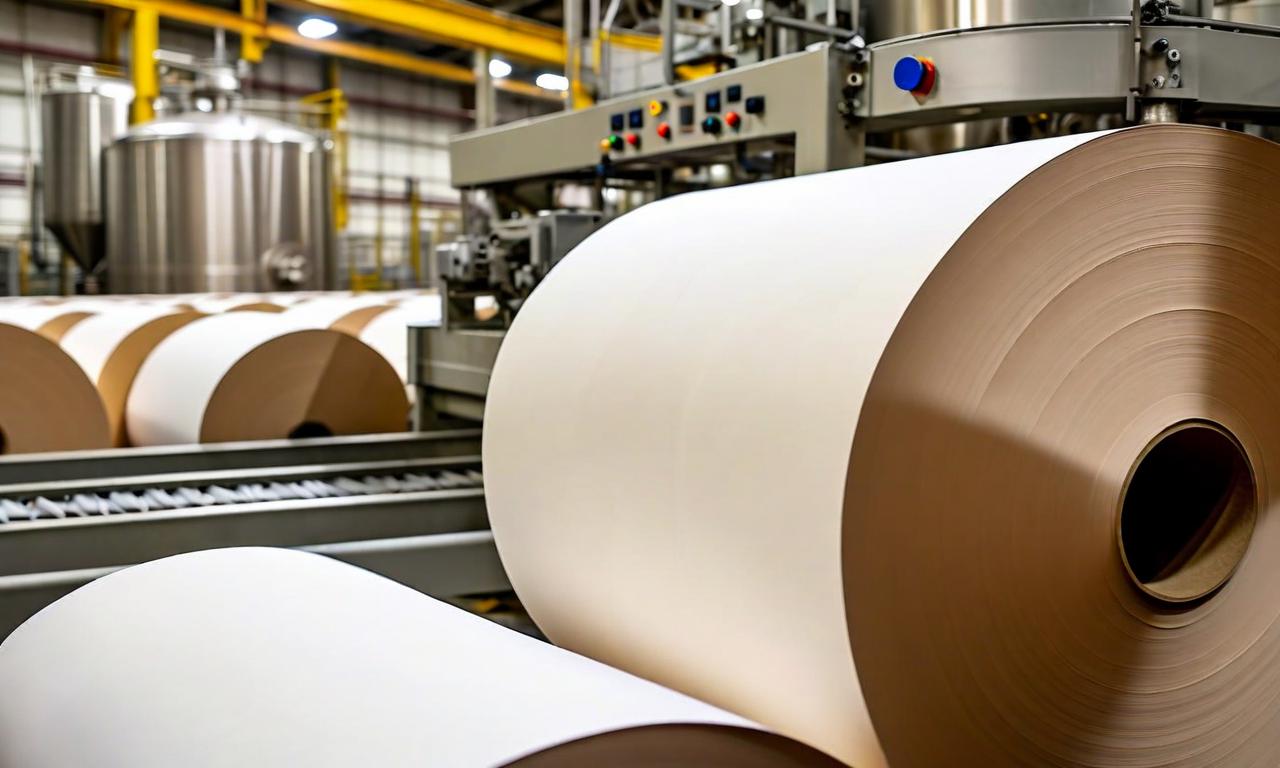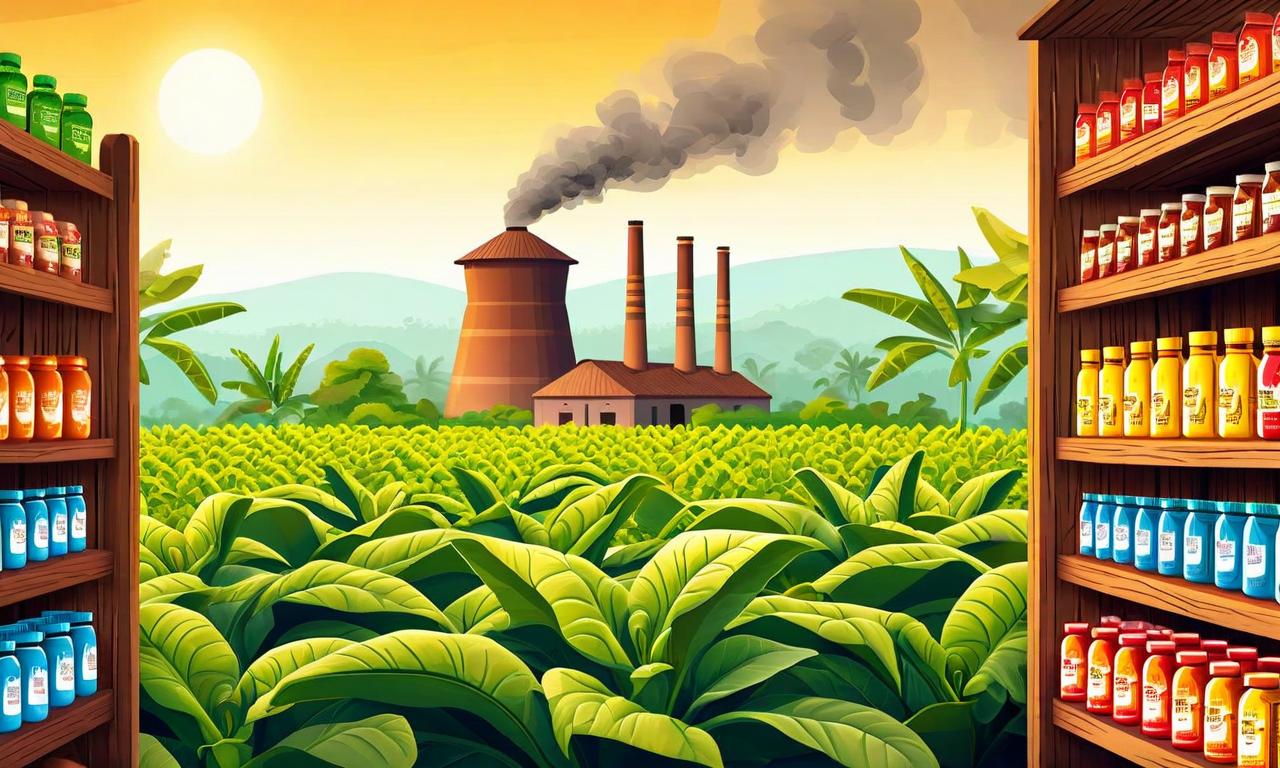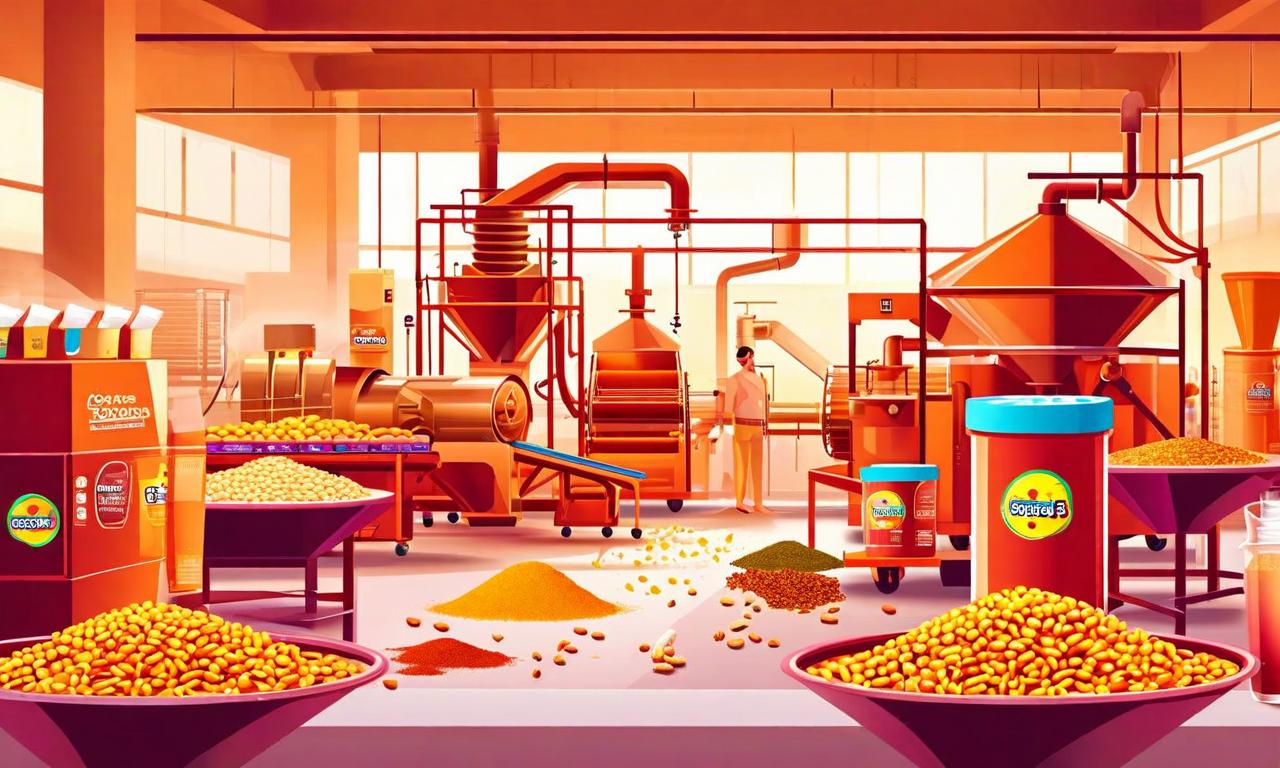ITC Announces ₹20,000 Crore Capex, CMD Optimistic About GST Reforms Amid Market Challenges
ITC Limited has unveiled a ₹20,000 crore capital expenditure plan to expand its FMCG portfolio, strengthen agriculture linkages, and scale paperboard operations. The company faces challenges including GST uncertainties, potential BAT stake sale, and competition from Marlboro. ITC's Chairman Sanjiv Puri expressed optimism about potential GST reforms, suggesting a simplified two-rate structure could benefit businesses and consumers. The company is also investing in agriculture through digital platforms and value-added products. However, ITC cautioned against higher cigarette levies, citing potential increases in illicit trade.

*this image is generated using AI for illustrative purposes only.
ITC , a leading Indian conglomerate with significant tobacco interests, has announced a substantial capital expenditure plan while navigating a complex landscape of tax uncertainties and industry challenges. The company's shares have shown limited growth over the past two years, primarily due to investor concerns surrounding GST uncertainty, cess changes, potential BAT stake sale, and competition from Marlboro.
₹20,000 Crore Capital Expenditure Plan
ITC Limited has committed ₹20,000 crore in fresh capital expenditure to expand its FMCG portfolio, strengthen agriculture linkages, and scale paperboard operations. This significant investment demonstrates the company's confidence in the Indian market and its commitment to diversifying its business operations.
GST and Taxation Structure
Jefferies expects the government to maintain revenue neutrality for the tobacco industry during the upcoming GST Council meeting. The current tax structure for cigarettes includes:
- 28% GST
- Compensation cess ranging from ₹2.10 to ₹4.20 per stick based on length
- Additional ad valorem components
Tobacco taxation comprises 55% of ITC's cigarette consumer prices, with 12% channel margins and 23% profit margins.
The compensation cess is scheduled to end in March 2026, adding another layer of uncertainty to the future tax structure. Jefferies notes that the current tax structure is composed of two-thirds specific taxes and one-third ad valorem, with specific taxes providing pricing leverage as they don't increase with price hikes.
Potential GST Reforms
ITC Chairman and Managing Director Sanjiv Puri has expressed optimism about potential GST reforms. He believes that the government may move from the current four tax slabs to a simplified two-rate structure of 5% and 18%. Puri suggests that this GST simplification could lead to several benefits:
- Reduced consumer costs
- Easier business compliance
- Boost in consumption
- Cost reduction for businesses
- Formalization of the economy
- Simplified operations for corporates and MSMEs
Market Performance and Challenges
Despite these potential positive developments, ITC faces several challenges:
- BAT stake overhang
- Market share losses to competitors like Godfrey Phillips India
- Weak consumption due to high costs, external shocks, and food inflation
Currently, ITC trades at 23x forward PE. The company's shares closed 1.19% higher at ₹411.50, showing a slight positive response to recent announcements.
Agricultural Investments and Economic Outlook
ITC is investing in agriculture through resilient supply chains, digital agri-platforms, and value-added products. The company sees favorable conditions with easing inflation, softer interest rates, and improving farm incomes. India's retail inflation dropped to 1.55% in July, the lowest since June 2017, which could potentially revive consumer spending.
Cautionary Note on Cigarette Taxation
Puri cautioned against higher levies on cigarettes, stating that past hikes have increased illicit trade. He argued that historical data shows additional levies often fail to protect revenues and can encourage illicit market activity.
As the situation develops, the full impact of these potential tax changes on ITC and the broader tobacco industry will become clearer. ITC's substantial capital expenditure plan and its CMD's optimistic outlook demonstrate the company's commitment to navigating these challenges while pursuing growth opportunities across its diverse business portfolio.
Historical Stock Returns for ITC
| 1 Day | 5 Days | 1 Month | 6 Months | 1 Year | 5 Years |
|---|---|---|---|---|---|
| +0.31% | +3.01% | -1.86% | -20.07% | -19.54% | +60.07% |




































